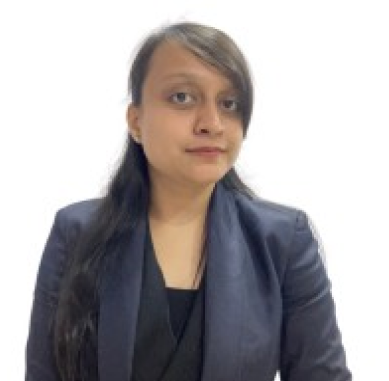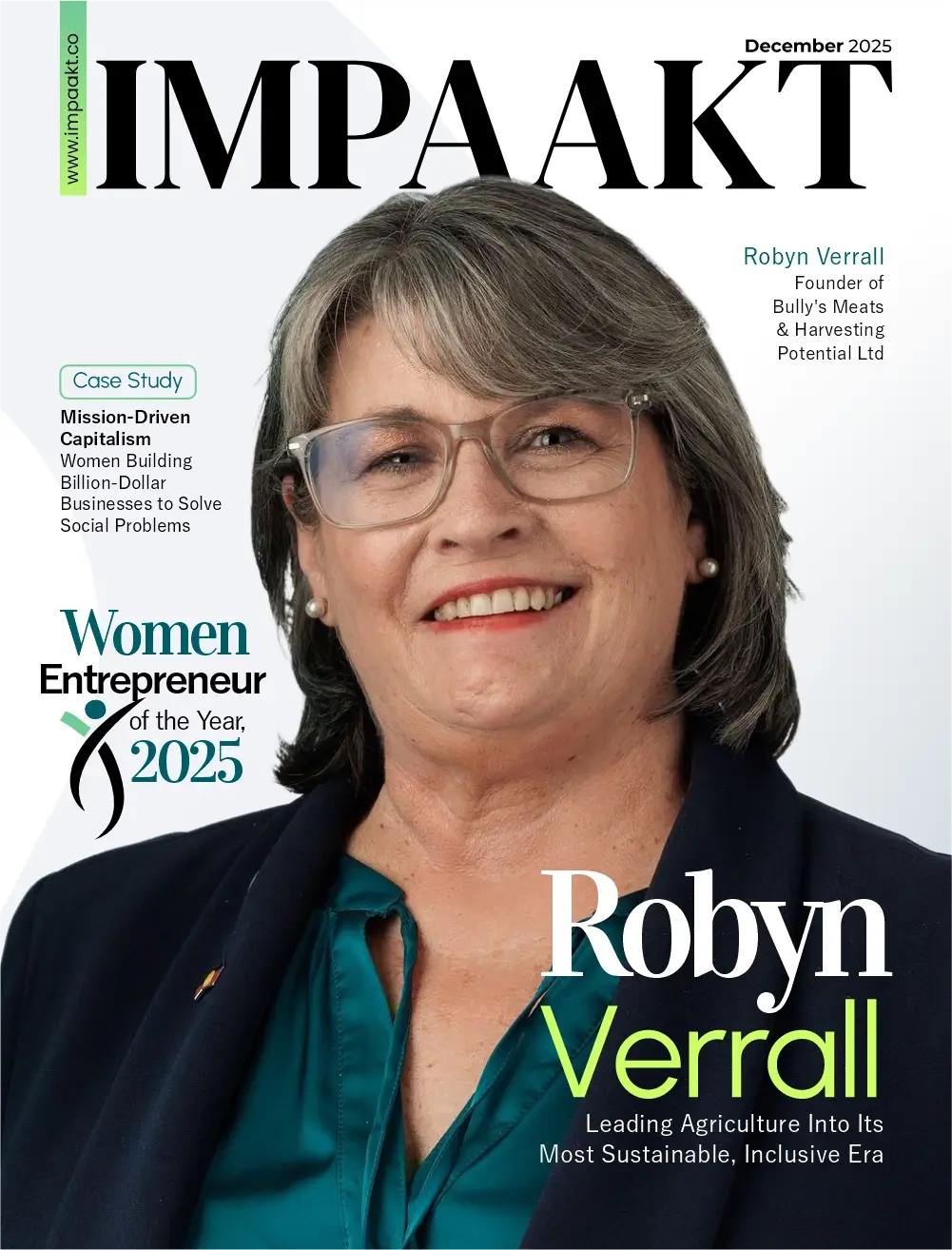Did you know that nostalgia wasn’t always the cozy feeling of reminiscing? It was once considered a mental illness—a state of deep emotional distress tied to being separated from loved ones and familiar surroundings.
But today, nostalgia is like a time machine for the soul. It sneaks up on us in the simplest moments- listening to an old song, looking at an old place or thing, meeting your old friends, eating up your childhood favorites or revisiting old photographs/texts.
“Flipping a coin gives you a 50-50 chance of landing heads or tails. Similarly, nostalgia carries its own probabilities – it can either lift your spirits like a cheerful bird or leave you feeling like a grumpy old uncle.”
As we discuss this topic, we seek to understand the positive benefits of Nostalgia.
Power of Balance – Nostalgia is a Place to Visit, Not Linger!
Have you ever thought that emotional reactions are very capable of shaping your entire day?
For instance, if you wake up late in the morning and start your day with frustration, your entire day may feel like one long rant. On the other hand, if you begin your day with an uplifting song, you can feel energized and cheerful, transforming into the happiest version of yourself. Similarly, suppose you have an important presentation at work and come across a motivational letter from your 4th-grade teacher, that letter rekindles the feeling that someone believes in you, boosting your confidence –
“Nostalgia absolutely fueling necessary motivation”.
If you linger too long in that nostalgic moment, move ahead in time and start recalling your failure in 5th grade. This can take a toll on your self-confidence, so it is crucial to strike a good balance between living in the moment and being Nostalgic.
Let’s dissect this by understanding an analogy.
Many of us see Nostalgia as a pure form of entertainment or maybe a manipulative fixation on the past. Have you considered- Can nostalgia be your dose of positive reinforcement? One fine morning you are all set to make an omelette, and you finely chop onions, green chillis, tomatoes and some freshly plucked cilantro. You crack the eggs in a bowl and whisk them all foamy, have some freshly ground black pepper. You start mixing the ingredients and while mixing you put some extra salt in the dish and unfortunately the extra salt overpowers your entire dish now. Damn! That’s how Nostalgia works in a negative way for you – You tend to live so much in the past that you forget to live in the moment.
“Nostalgia is a dirty liar that insists things were better than they seemed.” — Michelle K.
Nostalgia should be a place we often visit but don’t settle in. Just the way extra salt in our omelette, Nostalgia in excess can spoil our present moment in the blink of an eye. When we focus on the present moment, we are less likely to worry about the future or ruminate about the past. Alright, everyone advises us to live in the moment but no one sheds light on “How?”.
These are my two cents on how to live in the moment – Two thumb rules – Mental Preparation and Acceptance. First mentally prepare yourself for dealing with a situation in hand and then bring the acceptance to deal with it. Once you accept a problem, it becomes easy to solve it too. Do give it a try, next time you feel lost in the moment!
The power of balancing out the act of using nostalgic feelings to bring motivation in the present moment could do wonders. Let’s explore a real-life example where “The Right amount of Nostalgia” changed the course of events.
Choosing the Right Balance
Steve Jobs along with Steve Wozniak founded Apple in 1976, but the events took a drastic turn when Steve Jobs was fired from Apple in 1985. The tables turned again when Apple was on the verge of bankruptcy and reached out to Steve Jobs for help in 1997. The company’s identity was in question and morale was low. All hopes were on Steve Jobs to make a flip. Steve Jobs needed a strong and trusted motivator to hold hands with and he shook hands with Nostalgia. He launched the “Think Different” Campaign. He wanted to remind the world of Apple’s roots and legacy – what made the company special in the first place – “Creative, Innovation and Thinking outside the box”.
The desire to connect with the past resulted in Apple’s iconic “Think Different campaign”.
The ad featured black-and-white images of historical figures who had changed the world: Albert Einstein, Martin Luther King Jr, Mahatma Gandhi, Amelia Earhart and others. These were some visionaries who didn’t conform to the norms of their time – “The crazy ones, The misfits, the rebels, the troublemakers”. This was the nostalgic return of Apple to its core values – the original way and version of Apple creating its products that would empower people to change the world. Today, Apple is a 3.73 trillion-dollar company and the rest is history.
Aligning marketing strategies with emotion has already proven to be successful, but tapping into fond memories can be an invaluable tactic. Smart brands are engaging through retro roots — and it’s called nostalgia marketing.
Work-Nostalgia Balance
Clay Routledge (PhD – A Leading Expert in Existential Psychology) has been studying nostalgia for almost 20 years. His recent research highlights the value of nostalgia within organizations, revealing it as a powerful psychological resource. It helps individuals manage stress, foster meaningful relationships, and unlock greater creativity and inspiration.
Humans are emotional creators, driven by feelings. To flourish in an organic way we need to make meaningful social connections and feel like our contributing matters. Let’s understand how organizations can leverage the power of nostalgia to shape a productive work environment.
Social Bonds
In one set of studies conducted by Clay and his colleagues, they found that having research participants spend a few minutes reflecting on a nostalgic memory (compared to an ordinary autobiographical memory, like grocery shopping or driving to work) increased their desire to pursue social goals such as forming deep relationships and made them more confident that they could successfully achieve those goals. They also became more confident that they could overcome social conflicts within themselves. They also observed that when people experience higher levels of nostalgia, they’re more interested in working on tasks with others, and nostalgia has been shown to increase empathy for others and prosocial behaviour in the forms of volunteering and charitable donations. Research also suggests that when people are part of a group, nostalgia for an event shared within it makes people more committed to the group.
Clay also found evidence supporting our previous discussion about living in the moment. As an existential resource, nostalgia helps people maintain and enhance meaning in the present — when they reflect on past meaningful experiences, they become motivated to prioritize meaning in the present. By encouraging employees to revisit meaningful memories created within the organization, managers can help the ones experiencing stress and burnout reconnect with what made their jobs meaningful in the past, which can provide guidance for how to restore meaning at work in the present.
Higher Management Shuffle
When an organization is undergoing major changes that cause anxiety, interpersonal conflict, or other negative experiences, organizational nostalgia may prove to be a vital resource. Organizations could hold monthly game nights, potluck dinners, movie screenings, book clubs, or other events that provide employees the opportunity to form meaningful social memories shared with other members of the organization.
Managers should look for opportunities to introduce nostalgia in ways which will best fit their organizational environment and culture. Understanding and appreciating the meaningful connection of the present to the past via nostalgia can help employees have the mindset and motivation needed to productively work toward future-oriented individual and organizational goals.
Final Thoughts
We all are searching for the right amount of balance in life. Hitting the right spot at the right time is the key. The next time you visit nostalgia, do you want a visit or a long staycation? – Choose wisely!
“Nostalgia is a powerful motivator. It reminds us of who we are, where we’ve been, and where we want to go.”
The memories of yesterday can be the driving force behind the success of tomorrow.
Rediscover the power of nostalgia—read more inspiring stories and insights on Impaakt.co!

 More about Aishwarya Kasulkar
More about Aishwarya Kasulkar










